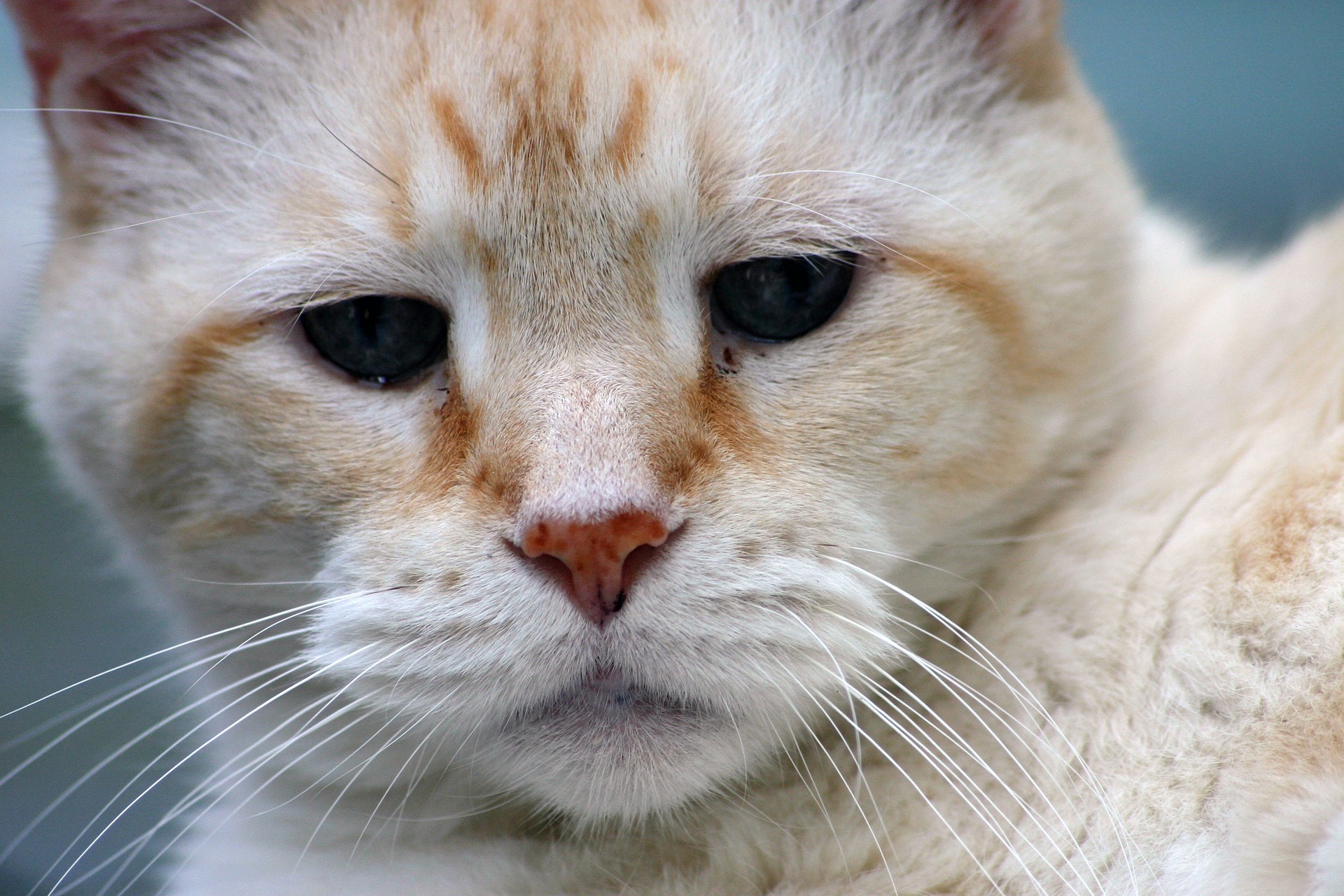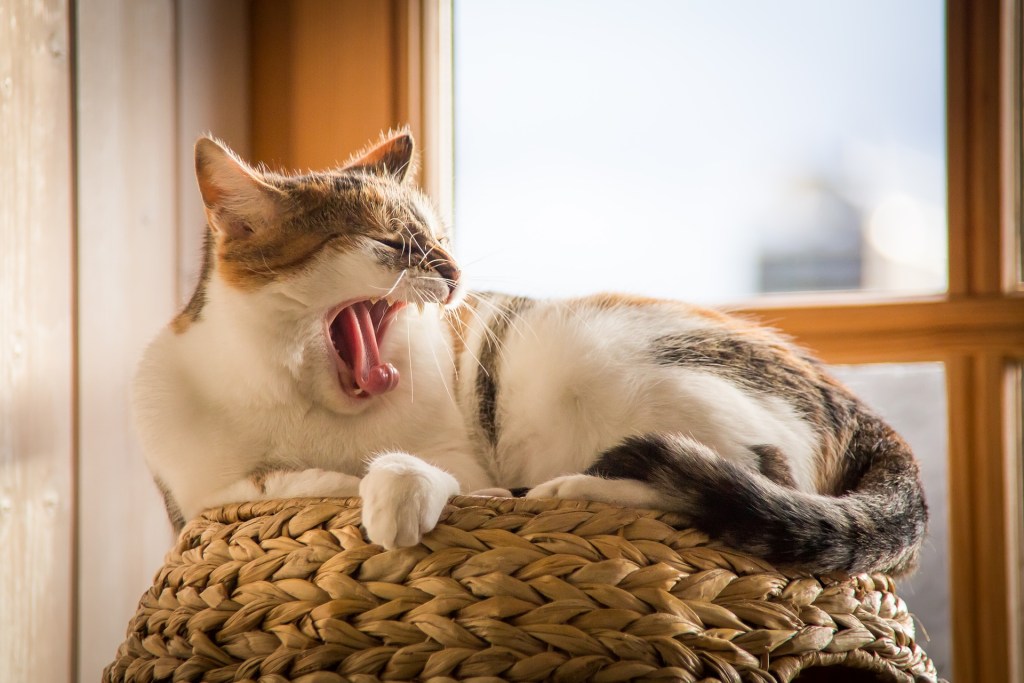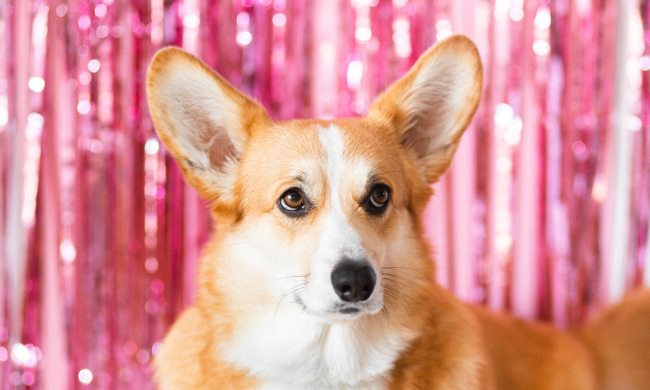While cat adoption is a popular choice, many adopters go to shelters in search of kittens. Adopting a kitten can be highly rewarding and exciting, but many companionable senior cats go overlooked while kittens quickly find new homes. If you’re considering adopting a cat, don’t write off the older ones. Deciding to adopt a senior cat comes with many benefits, and for some adopters, it’s a more convenient, practical, and ideal option. Who knows — you just might find the perfect cat who’s already in his senior years waiting for you at the shelter. Here are some of the best reasons to consider adopting a senior cat instead of a kitten.
Senior cats already know their manners
When you adopt a kitten, you’ll need to be prepared to deal with kitten behavior. A young kitten might not yet have perfect litter box manners, and he might be prone to scratching your furniture or tearing up your homework or worse. You’ll need to be patient and prepared to gradually train your kitten and help him learn his house manners.
Most senior cats have already lived in homes before, so they have most of those manners. You might need to make some changes here and there, like finding the perfect location for a litter box, to help a senior cat settle in, but chances are that your cat will already have most of those important habits down. This can make for an easier transition for you both.

Seniors are quieter and more laid-back
Kittens tend to be high-energy and fun, but they’re also prone to getting into mischief and stirring up trouble. Senior cats are usually on the quieter side, and they’re more laid-back than their kitten counterparts. If you’re looking for a quiet cat who’s happy to lounge in the windows or sit beside you on the couch during the day, a senior cat will be more likely to fit your needs.
You’ll understand the cat’s habits
Kittens are young and unpredictable, and you can’t ever quite tell just what they’ll be like when they grow up. With a senior cat, you can better assess the cat’s personality to make sure he’s a good fit for your home. Senior cats will have already established some preferences, like whether they want to be a lap cat, whether they get along with other cats or dogs, and whether they’re highly social and vocal or quieter and reserved. You’ll have a better idea of what life will be like when you bring home a certain senior cat, which can help boost your confidence if you decide to adopt.
Senior cats require less time
If you adopt a kitten, prepare to give it lots of time and attention. Kittens thrive off engaging play, and many are highly social and will quickly learn how to get your attention.
Adopting a senior cat requires less of a time commitment, especially in the beginning. It might be a better fit, depending on your lifestyle and time availability.

You’ll enjoy plenty of cuddle time
Senior cats tend to be quieter and more likely to cuddle than kittens. While every cat is different, a quieter, older cat is likelier to be the lap cat you’re looking for.
You’ll help out a cat in need
While all animals in shelters need great homes, the demand is particularly high for senior cats. If you decide to adopt a senior, you’ll be helping out a cat that’s truly in need. You’ll also be enjoying many of the perks that come with bringing an older pet into your home.
If you’re looking to add a new cat to your home, adopting can be a highly rewarding choice. Many cats are in need of homes, including many great senior kitties. If you decide to adopt, be sure to ask about the shelter’s adoption requirements and application ahead of time. Many shelters encourage you to fill out an adoption application in advance so you can be approved and visit with pets until you find the right one. Whether you adopt a kitten or a senior cat, you’re sure to find your new best friend and family member.


